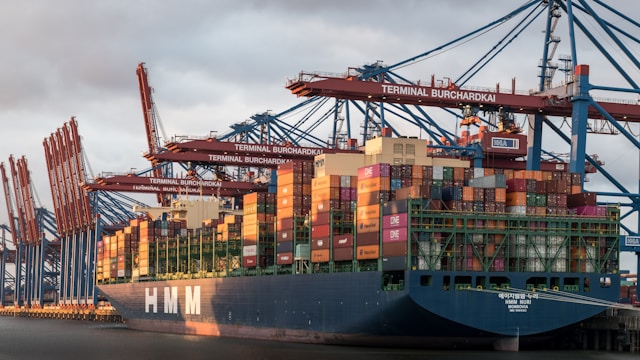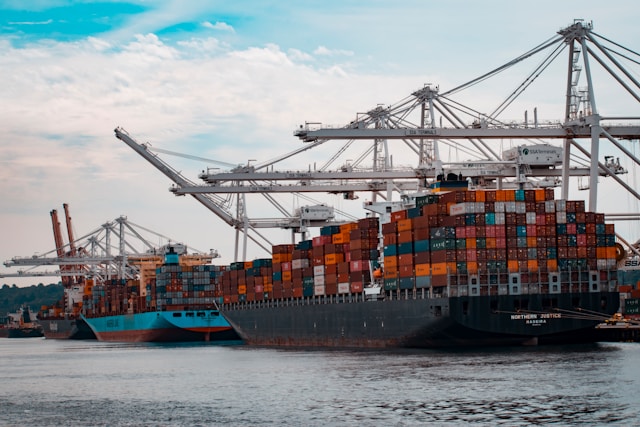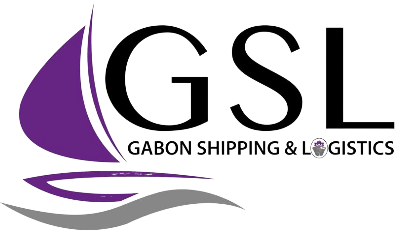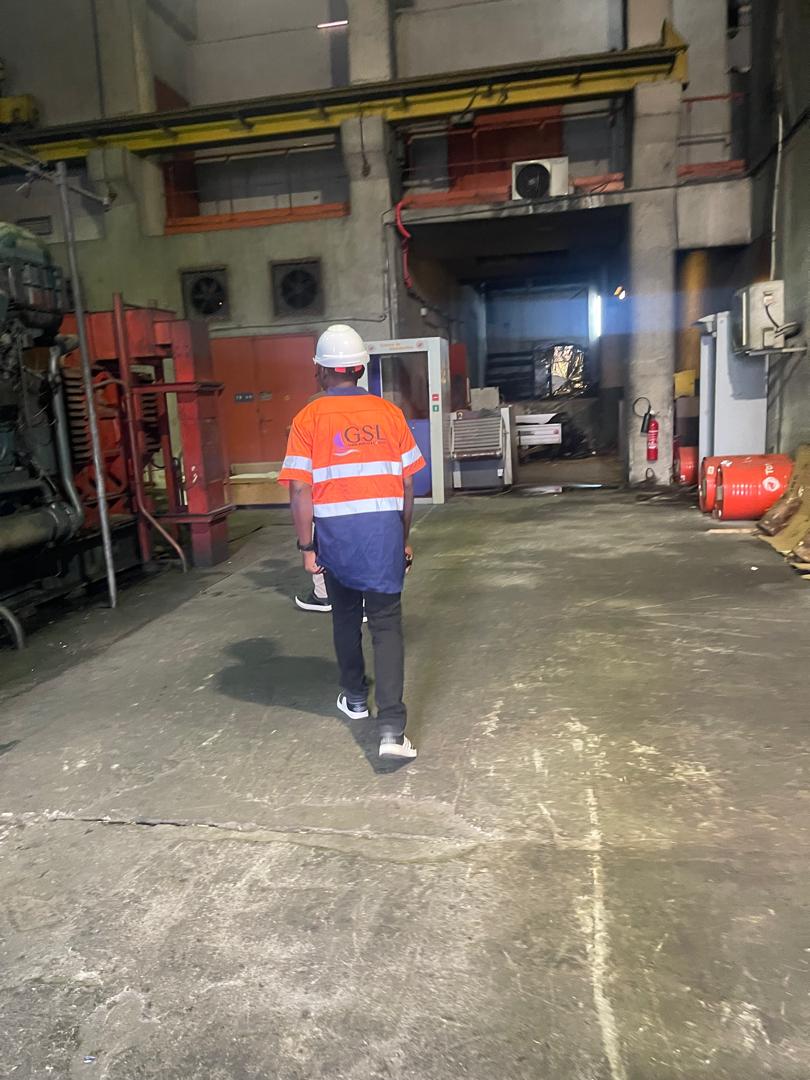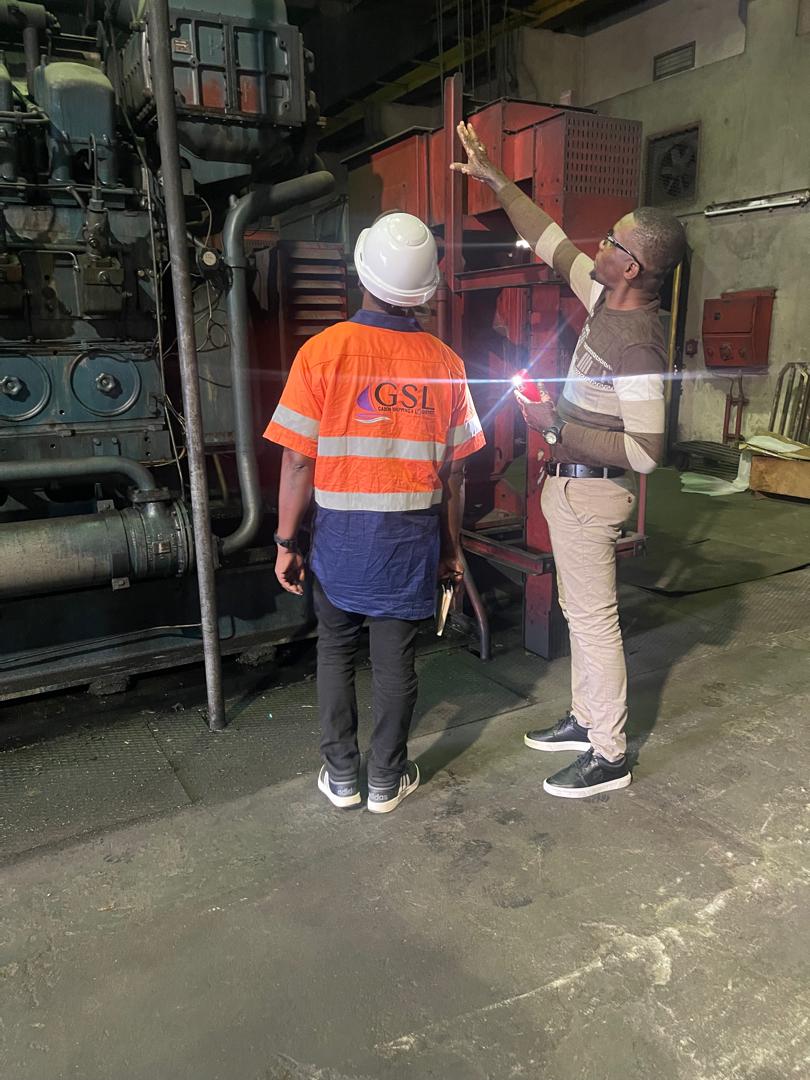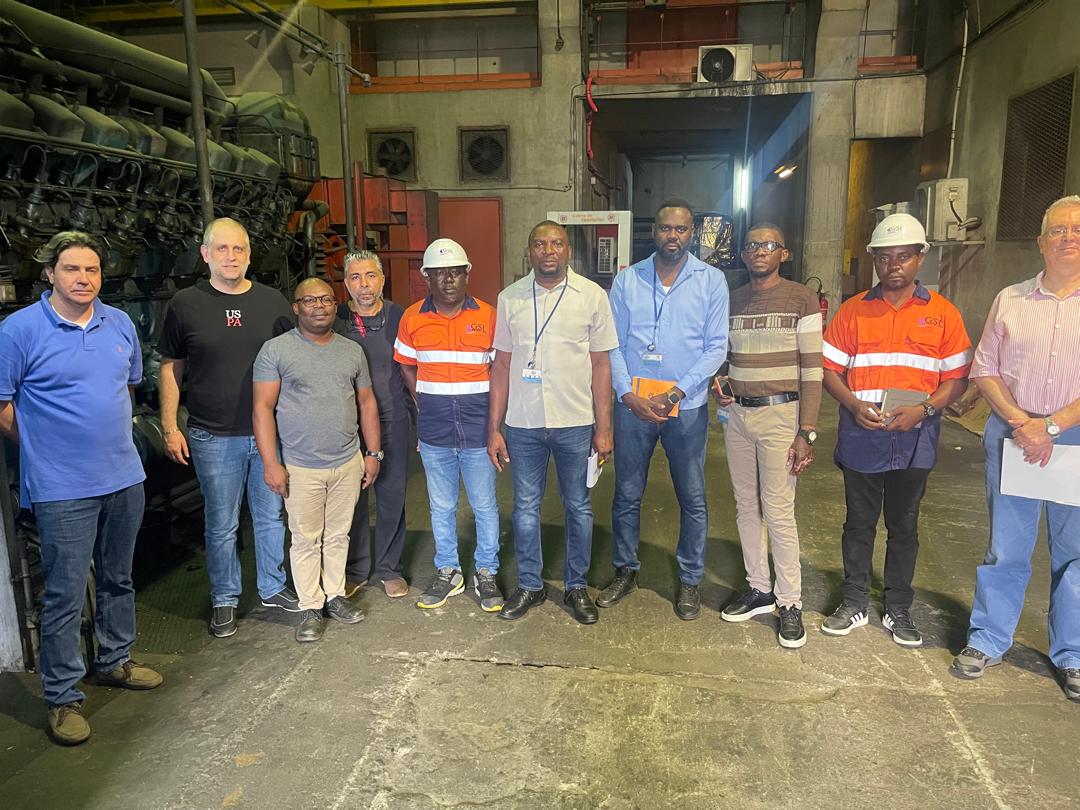#Sustainability and responsible trade
Towards an Eco-Responsible Supply Chain
Sustainability is becoming a major imperative in import-export. Companies are rethinking their supply chains to reduce their ecological footprint. Practices such as using recyclable materials, reducing waste and optimizing transportation help create eco-responsible supply chains, meeting growing consumer demands for sustainability.
Ethics as the Foundation of International Trade
Ethics occupies a central place in international trade. Companies are increasingly focusing on partnerships with suppliers who share their ethical values. This approach promotes lasting business relationships, based on trust, respect for human rights and social responsibility, thus strengthening their reputation on the global stage.
Innovation and Sustainability: Hand in Hand
Innovation plays a crucial role in promoting sustainability. Technological advances offer innovative solutions to address environmental challenges. Initiatives such as packaging optimization, the use of renewable energy sources and the development of eco-designed products are helping to shape a future where innovation and sustainability come together.
Demanding and Committed Consumers
Consumers are increasingly sensitive to environmental issues. Their growing demand for sustainable products is pushing companies to rethink their offerings. Brands that integrate sustainability into their DNA see their attractiveness increase, reflecting the growing importance of sustainability in purchasing decisions.
A Business Future Focused on Sustainability
Import-export is evolving towards a model where sustainability is not just a goal, but a fundamental standard. Companies that integrate sustainability into their business strategy are better positioned to thrive in a world where environmental responsibility is at the heart of consumer expectations and government regulations.
